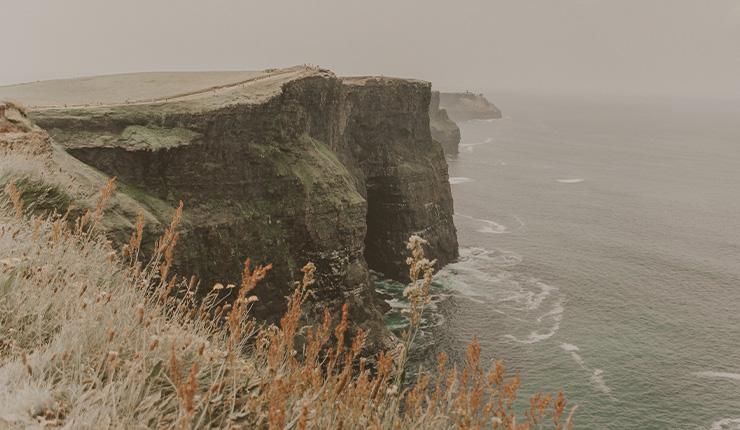Among the many heroes of faith, the martyrs stand out. They take up a central place in our corporate identity because they so closely evoke Jesus’ faithfulness in the face of death. God honors the martyrs even to the point that he uses their deaths as a countdown to Jesus’ return.
They [those “slain for the word of God”] cried out with a loud voice, “O Sovereign Lord, holy and true, how long before you will judge and avenge our blood on those who dwell on the earth?” Then they were each given a white robe and told to rest a little longer, until the number of their fellow servants and their brothers should be complete, who were to be killed as they themselves had been. (Rev 6:10–11)
God measures time by the blood of martyrs. I have not measured time this way. I focus on the return of Jesus in terms of how long I have to wait to escape intensifying day-to-day struggles.
Pause on this for a moment and assume that our beliefs make a difference in how we live today. Second-coming-as-escape creates a certain lifestyle. We expect threats of hard times; we also expect that those threats will never quite reach us. Jesus will come in the nick of time. But if this is our belief, then suffering and trouble take us by surprise. And when suffering and trouble persist, Jesus doesn’t seem to be listening. Didn’t he promise to spare us trouble? The result is not so much that faith is ship wrecked as it becomes obsolete. Then we take matters into our own hands as we try to build a more comfortable world for ourselves.
The martyrs rearrange our theology. We remember that “in this world you will have trouble” (John 16:33). We expect trouble, and are better prepared for martyrdom. This makes the psalmist’s words, “Precious in the sight of the LORD is the death of his saints” (Ps 116:15), more meaningful, more personal. One of these deaths will bring the final trumpet. Precious indeed.
Our calling is unmistakable. Courage. I want courage. I need courage. We need courage. We want faith in Jesus that is steady when everything around us is not.
This takes me to new places. I think of the apostle Paul saying to the Galatians, “through many tribulations we must enter the kingdom of God” (Acts 14:22). I think of Jan Hus, the Czech martyr who sang psalms as he was led to being burned at the stake. I think of Luther, who certainly remembered Hus, when he faced the Diet of Worms and the threat of his own execution. Luther wavered when asked to recant all his work, but the next day he returned with steely courage. He was strengthened by the Spirit, the Spirit of Power, the Spirit who gives courage. God’s grace to us is courage. It is courage that lets us stand in his presence and knows that he will never leave us. It is courage that rests, even in a tumultuous sea when others are freaking out. It is courage to know that he will be with us in death.
This is propitious timing for me. I just had a dream that overwhelmed me with the way I could die—the details were the stuff of the worst horror stories—and it sent aftershocks through the following day. Then I read about martyrs and was introduced again to courage and the one who gives it. What a fine gift.
Grace leads to faith, hope, and power in weakness—all of these are rendered in the heart as courage. Courage can go back to a dream filled with death and retell it with confidence that Jesus will be with me in that moment of wavering. Courage prays rather than remains settled in fear. Courage allows what is good, right and wise to guide us even in the presence of fear. It enters a particularly difficult day with hope. It knows that death is the most powerful of enemies, and the resurrection of Jesus has taken away its bite.
Perhaps courage could be a gift for you. If you have any fears and anxieties, the antidote is courage. Look for courage in Scripture, and encourage your community with those stories. Courage is willing to face death, which makes facing life a lesser matter (Phil 1:20). Grace is courage.
Be strong, and let your heart take courage, all you who wait for the Lord! (Ps 31:24)




